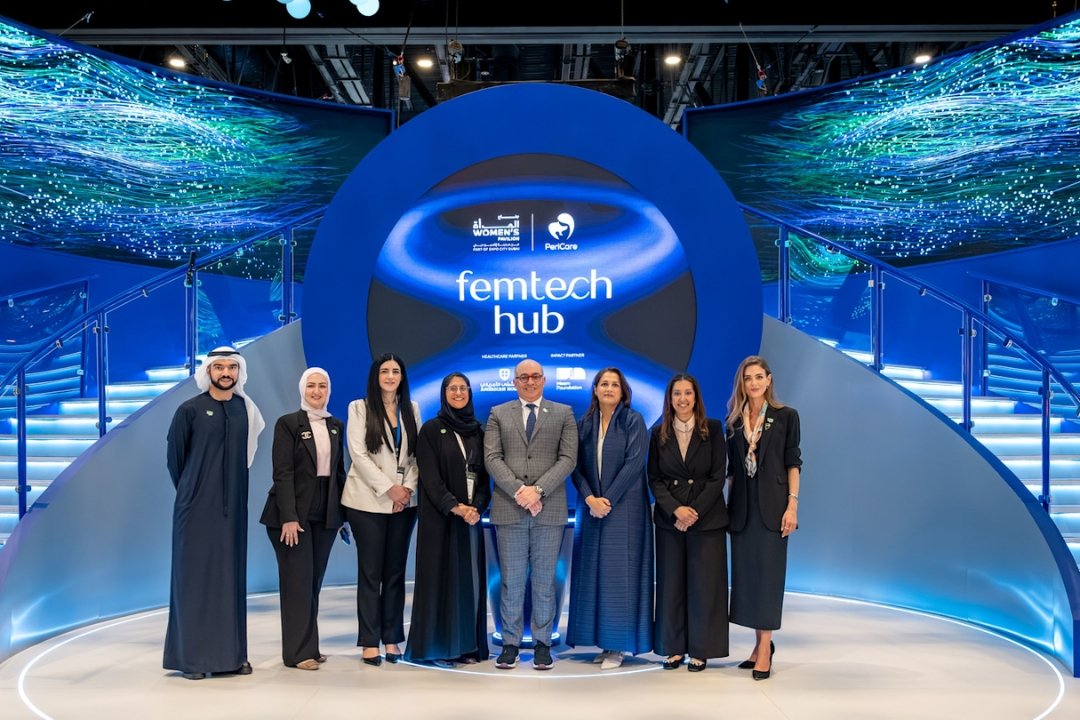WaveForms AI, a promising startup founded by former OpenAI researcher Alexi Conneau, has successfully raised $40 million in seed funding. The company’s goal is to change the way we interact with artificial intelligence by focusing on audio-based AI systems that can not only understand human speech but also interpret emotional cues. This approach sets WaveForms AI apart from other AI startups, which typically rely on text-based communication.
WaveForms AI aims to create AI that feels more human-like and emotionally aware in its interactions, pushing beyond the usual, often impersonal, chatbots many of us are used to today. By honing in on the emotional context of conversations, WaveForms hopes to offer more intuitive, natural, and dynamic digital assistants that can respond to a wider range of human emotions during interactions.
Alexi Conneau, who previously led the development of voice features for OpenAI’s ChatGPT, brings a wealth of experience to his new venture. His background in AI voice technologies positions WaveForms to deliver on its promise of building advanced conversational agents capable of detecting and responding to the emotional undertones in human speech. Conneau has stated that his company’s primary aim is to provide a more seamless and engaging AI experience by making interactions feel as natural and fluid as conversing with another person.
“The idea is to create new, more immersive experiences with AI, ones that feel more enjoyable,” Conneau explained in an interview with Reuters. “There are many companies right now that are focusing on superintelligence, but not so much on the quality of the human-computer interaction.”
Unlike the traditional text-based chatbots that require users to type out instructions or queries, WaveForms AI wants to develop systems that respond to voice inputs in a much more emotionally intelligent manner. This includes the ability for the AI to adjust its tone and responses based on the emotional state it detects in a user’s voice. In essence, WaveForms is looking to create more sophisticated, emotionally aware interactions that move beyond simple commands and responses, aiming for conversations that feel more personal and relatable.
WaveForms AI’s technology is still in development, but Conneau has hinted that the company plans to release a “consumer software product” focused on enhancing the emotional connection between users and AI. While specific details on this product remain scarce, it’s clear that the goal is to provide users with an experience that feels more immersive and emotionally resonant.
The emotional intelligence angle isn’t new to AI, but WaveForms’ commitment to creating an emotionally aware voice interface gives it a unique edge in the increasingly crowded field of AI development. Most companies focus on pushing the boundaries of AI’s cognitive abilities or its potential to automate tasks. In contrast, WaveForms is prioritising the quality of interactions, ensuring AI is not just smart, but emotionally attuned.
As AI continues to evolve, the line between human and machine interaction is becoming ever blurrier. The next generation of digital assistants may be able to respond not just to our words, but to the feelings behind them, making conversations with AI more akin to talking to a human being.
WaveForms AI’s investment in emotional intelligence represents a significant step in that direction, with the startup looking to deliver more human-like and emotionally aware AI systems that could transform everything from personal digital assistants to customer service bots. It’s clear that WaveForms AI sees great potential in this emotional approach, and with $40 million in funding behind them, it is well-placed to push this vision into reality.
As the company prepares for its next stages of development, the question of how people will respond to these emotionally aware AI assistants remains. Will users welcome AI that can read between the lines of their emotions, or will this development raise new concerns about privacy and the nature of human-machine relationships?










